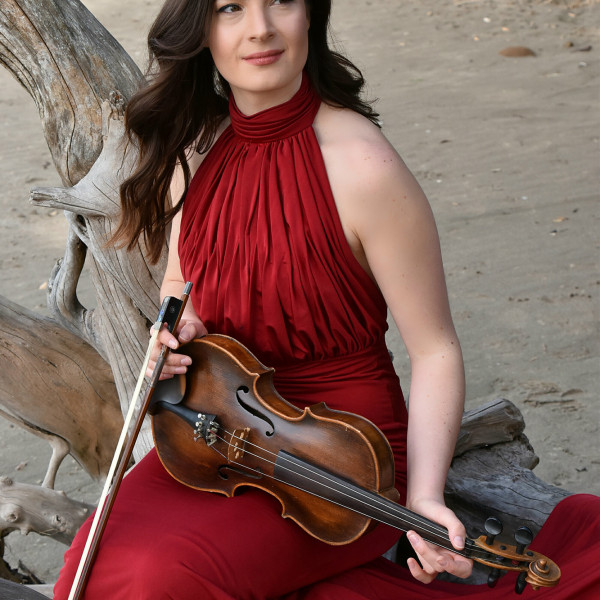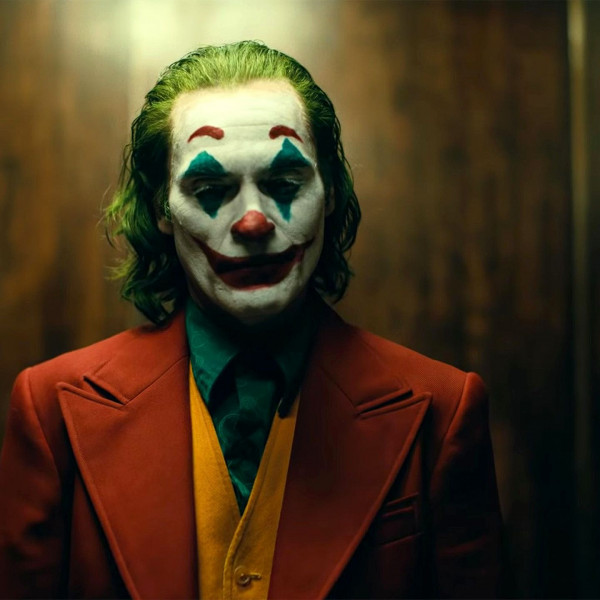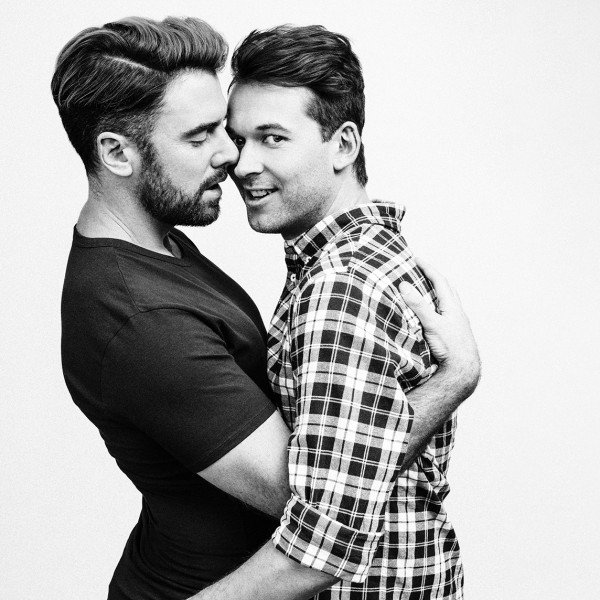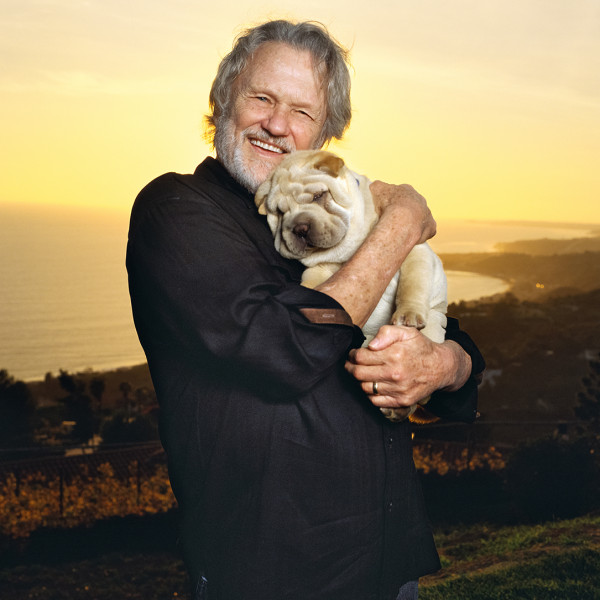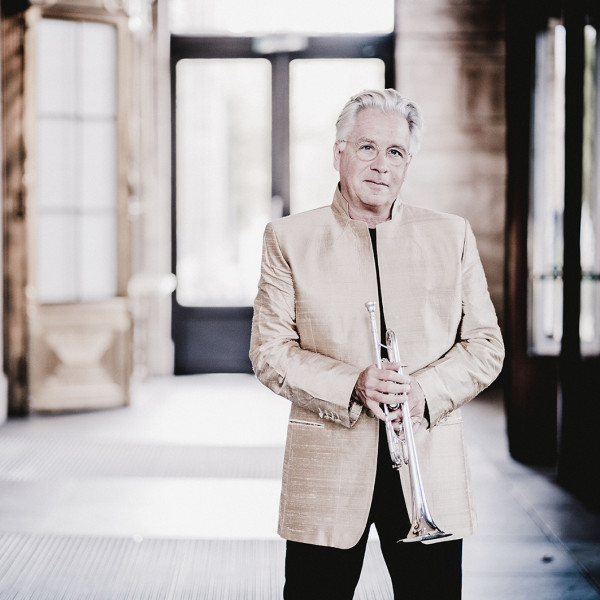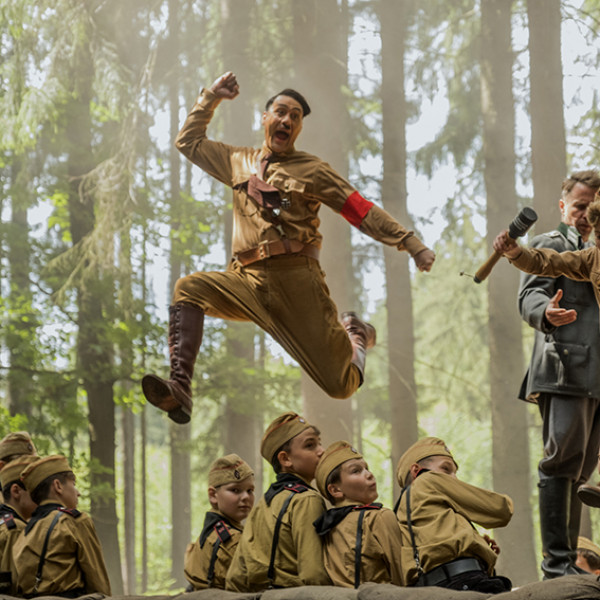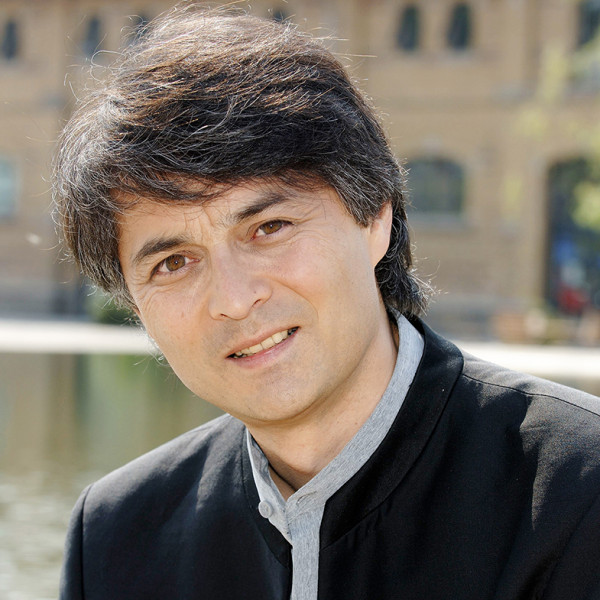
Te Māpouriki Dusk
Presented by: New Zealand Symphony Orchestra
Conducted by: Jun Märkl
Michael Fowler Centre, 24th Oct 2019
Reviewed by: Sam Hollis
It had been a number of years since I’d enjoyed the full force of the New Zealand Symphony Orchestra, and Te Māpouriki Dusk was the perfect reintroduction. It was rehearsed to the measure; the concert felt effortless, a stress-free environment where musical freedom and fun prevailed.
The programme comprised five pieces that varied in every way one could imagine. At a glance I feared this would make for an incohesive show – a new work by Kiwi composer Kenneth Young, a lavish Mozart symphony, a horn feature, Schumann’s romantic first symphony – it seemed a bit much. Following the debut of Te Māpouriki – Dusk it all took shape. This was a show about journeys, through music, time, and space.
Never had I witnessed a conductor with as much vibrance as Jun Märkl. His control over dynamics and emotional output was simply astonishing, and perfectly conveyed to the orchestra.
Young’s piece opened the concert, grounding us in New Zealand before setting sail. It portrayed Captain James Cook’s trip from Europe to the Pacific, and we felt every bit of turbulence along the way. The piece exemplified Young’s marvellous understanding of the language. It had so many moving parts and transitions that caught us off-guard but never felt random, although it would have benefitted from some melodic repetition for the sake of clarity.
Principal horn Samuel Jacobs was responsible for the set’s highlight with Strauss’ Horn Concerto No. 1 in E flat major, op. 11. His solo was the most visceral moment of the night; gliding over the orchestra, I felt as if I was floating there with him. He followed this with an encore on a valve-less horn. How he established such a warm tone and a lyrical, pitch-perfect sound on this primeval instrument I’ll never know.
My friend, attending his first classical concert, left the show with fascinating questions and awesome observations. For the uninitiated, this was a great introduction to the classical world. For the familiar, it was just great.





